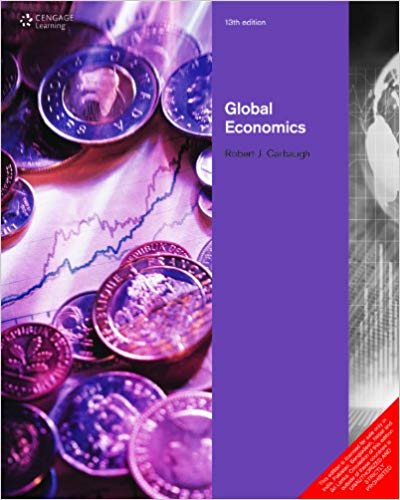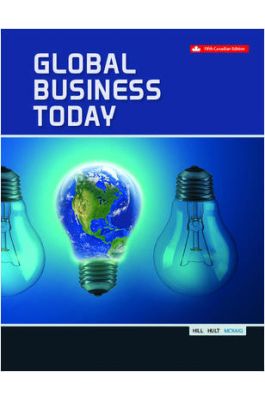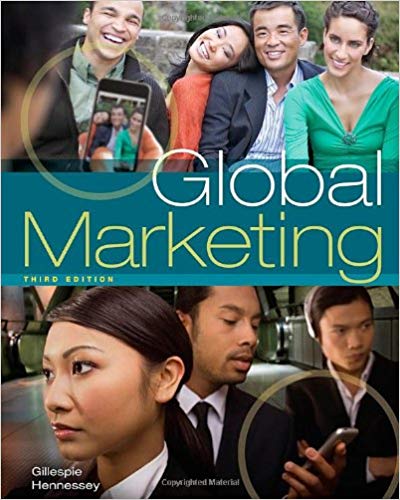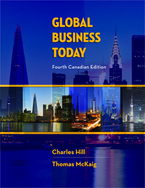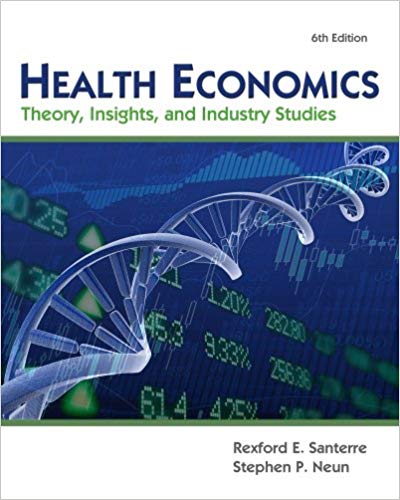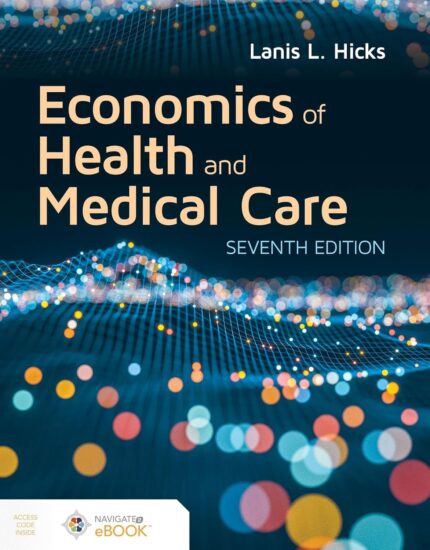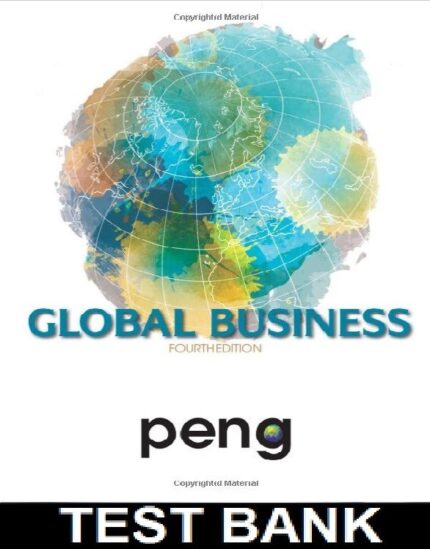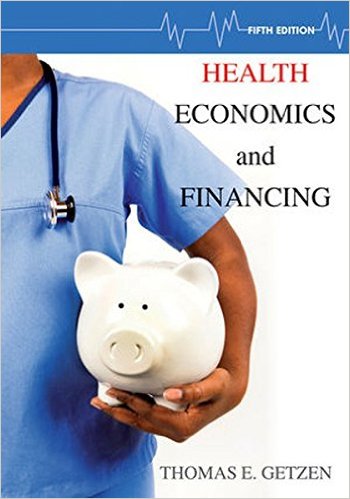Test Bank For Global Economics International Edition 13th Edition By Robert J. Carbaugh
CHAPTER 2—FOUNDATIONS OF MODERN TRADE THEORY:
COMPARATIVE ADVANTAGE
MULTIPLE CHOICE
- The mercantilists would have objected to:
| a. | Export promotion policies initiated by the government |
| b. | The use of tariffs or quotas to restrict imports |
| c. | Trade policies designed to accumulate gold and other precious metals |
| d. | International trade based on open markets |
ANS: D PTS: 1
- Unlike the mercantilists, Adam Smith maintained that:
| a. | Trade benefits one nation only at the expense of another nation |
| b. | Government control of trade leads to maximum economic welfare |
| c. | All nations can gain from free international trade |
| d. | The world’s output of goods must remain constant over time |
ANS: C PTS: 1
- The trading principle formulated by Adam Smith maintained that:
| a. | International prices are determined from the demand side of the market |
| b. | Differences in resource endowments determine comparative advantage |
| c. | Differences in income levels govern world trade patterns |
| d. | Absolute cost differences determine the immediate basis for trade |
ANS: D PTS: 1
- Unlike Adam Smith, David Ricardo’s trading principle emphasizes the:
| a. | Demand side of the market |
| b. | Supply side of the market |
| c. | Role of comparative costs |
| d. | Role of absolute costs |
ANS: C PTS: 1
- When a nation requires fewer resources than another nation to produce a product, the nation is said to have a:
| a. | Absolute advantage in the production of the product |
| b. | Comparative advantage in the production of the product |
| c. | Lower marginal rate of transformation for the product |
| d. | Lower opportunity cost of producing the product |
ANS: A PTS: 1

